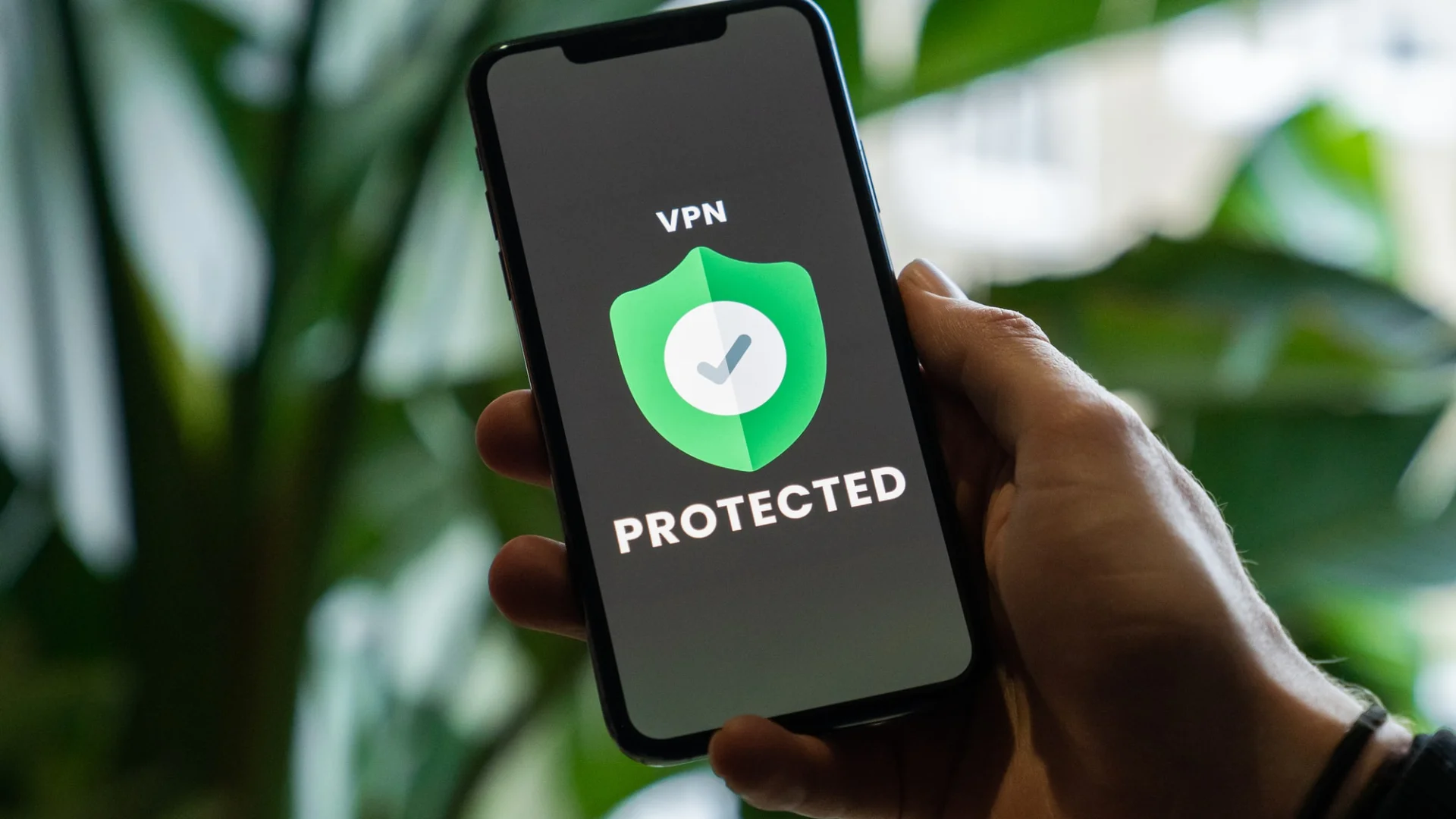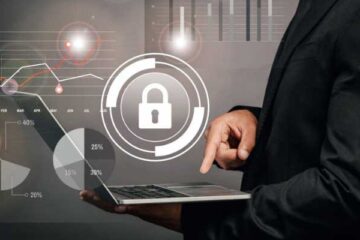Email security has become more crucial than ever in the digital world, with cyber-attacks lurking everywhere. We depend on email to communicate, personal data, and online transactions. But how do we ensure that the emails we receive are genuine? In particular, how do we be sure that we can distinguish authentic emails from fake ones in the case of Yahoo emails?
Don’t worry! In this blog, we’ll assist you in identifying authentic Yahoo email addresses and show you how to buy Yahoo email accounts. We’ll give you ways to recognize legitimate domain names, analyze emails’ content, and look at sender details. Are you ready to acquire the knowledge to acknowledge genuine Yahoo emails and avoid phishing? Let’s start this educational adventure together, drinking tea on the table. Suppose you are alert and paying particular attention to elements you know. In that case, you will significantly reduce the likelihood of falling victim to scams like these. So, let’s jump right into delving into the mysteries of the authenticity of emails and become the best detectives!
It is identifying authentic Yahoo emails: Recognizing official domain names.
It is essential to know how to differentiate authentic Yahoo email from spam in the context of email security. The first thing to be looking for is the sender’s name. The original Yahoo email addresses always include a “@yahoo.com” domain in the sender’s address. Yet, scammers are getting more sophisticated and might attempt to trick users using minor variations like “@yaho0.com” or “@yah00.com”. This is why it is essential to pay attention to these variations and be wary of any email that differs from the standard format.
Another factor to consider to determine authentic Yahoo mail is its content. Check for suspicious hyperlinks that could lead to websites that can steal your data. Click on hyperlinks you hover over before clicking them, and examine if they redirect you to authentic Yahoo domains or other sites with legitimate URLs.
In addition, be aware of how the language is utilized throughout the message. Authentic Yahoo emails usually employ professional and transparent grammar, with no noticeable grammatical or spelling mistakes. Be wary if you spot the use of capitalization, punctuation marks, or odd sentence structure. They could indicate a scam.
Verifying the sender’s information is another essential step to verify the authenticity of a Yahoo mail account. Proving that the sender’s identity is in line with what you would expect from an official source will help you avoid fraud. Make sure to verify their name, the place of work within the company (if given), contact details, and any other pertinent qualifications mentioned in their signature.
Review any attachments in the email to determine their legitimacy and safety reasons. Avoid opening files sent by unknown senders or ones that appear suspiciously named or structured (.exe files can be dangerous). If unsure, run antivirus scans of the attachments downloaded before opening them.
Following these tips will significantly lower the likelihood of falling prey to phishing scams and secure your private information online.
Examining Content in Emails Checking the links and the language used
Regarding reviewing emails, one of the most important factors to be aware of is checking the links. Phishing scams typically contain fraudulent hyperlinks disguised as legitimate, and it’s essential to be vigilant. Before clicking any email link, you should hover it using your mouse and verify that it matches the expected destination. If you require assistance with a hyperlink, you can manually input the website’s address instead.
Language usage is another aspect that can aid in identifying genuine Yahoo emails. Official emails sent by Yahoo are generally written using appropriate grammar and professional language. Emails with many spelling or grammar mistakes should trigger warning signs and be dealt with carefully.
Look for suspicious demands or requests within the email’s content. Genuine Yahoo emails will not ask for personal details like usernames, passwords, or card information through email. Be cautious of unanticipated attachments or download hyperlinks; they could contain malware.
Always trust your intuition when assessing the content of emails. If something seems suspicious or too promising for its good, you’re better off being cautious and avoiding interacting with suspicious emails in the first place.
Suppose you’re alert and paying close attention to these features. In that case, You can increase your ability to identify authentic Yahoo emails while protecting yourself from phishing scams and other threats on the internet.
Checking the Sender’s Information: Verify the sender’s identity and the recipient’s details.
The sender’s details are the most essential to consider when identifying legitimate Yahoo emails. This allows you to verify the legitimacy of the email and guarantee security. What are the best ways to check the sender’s information efficiently?
Pay focus to the name displayed on the recipient’s screen. Are you able to recognize the sender or anticipate receiving the email? If not, take beware. In addition, you should examine the email address of your sender. The authentic Yahoo emails typically are a combination of “@yahoo.com.” Any variations in this domain are a sign to be suspicious.
Then, closely review any additional contact information provided by the person who sent the message. Look for consistency across different platforms, such as social media accounts and official websites. Genuine senders are likely to have a consistent logo and contact details.
Be wary of general greetings or excessively formal phrases in emails. Accurate Yahoo emails typically feature personalization based on your account’s settings or previous interactions with the particular contact.
Be aware that scammers might try to impersonate the legitimate identity of senders using the same names or take over their accounts using phishing scams. So, make sure to double-check your email address before continuing to receive suspicious emails.
By confirming the sender’s information thoroughly and checking that it is authentic and accurate, You can increase your ability to identify original Yahoo email accounts and reduce possible risks associated with fraud online.
Examining email attachments Securing legitimacy and security
Email attachments can provide both convenience and worry. While they can quickly transfer files, photos, and documents, they pose a risk if appropriately handled. To ensure the validity and security of email attachments, be sure to follow some essential steps.
It is essential to examine the file’s type and extension. Beware attachments with strange or suspicious extensions for files like .exe and .zip. These files may contain malware or viruses that could damage your computer or expose your personal information.
Always ensure email attachments are scanned with current antivirus software before opening them. This additional layer of security will allow you to identify any potentially harmful content that has slipped through security filters.
Be aware of the identity of the sender as well as their connection with the file. Be cautious when you get an email from someone you don’t know or were not expecting to receive anything. Contact the person who sent it directly to confirm the email’s authenticity before opening the file.
Consider using online file-sharing services instead of sending large files whenever possible. If you need to share files with someone, it’s better to use services like Google Drive or Dropbox instead of sending files directly. These services create a special link that you can share with the person you want to share the file with. This is safer because it avoids the risk of accidentally sending a harmful file. Plus, it’s also easier for the other person to access the file.
When looking at email attachments, be aware that these tips could reduce the chance of falling prey to phishing scams or downloading potentially harmful material onto your device.
Tips to Avoid Phishing Scams: Teaching about typical warning signs
In today’s digital world, being vigilant about fraudsters and phishing scams is essential to safeguard your data and ensure a safe online presence. Educate yourself on typical red flags to avoid becoming prey to these scams.
One red flag to look for is unwelcome emails requesting sensitive data or demanding immediate action—legitimate companies. Legitimate companies rarely ask for such information by email, so be wary of any communication that appears to come from the air.
A second sign of a problem is errors in spelling or grammar in the email’s content. Most reputable businesses have strict quality control procedures to ensure that their messages are error-free. If you receive an email containing many mistakes or sloppy phrasing, it will most likely be a scam.
Beware emails with generic greetings such as “Dear Customer” instead of calling your name. Genuine emails from trusted sources usually send personal messages to recipients and contain specific account information that is relevant to them.
Phishing emails usually use urgency to entice users into performing actions quickly without considering. They may claim that you will have your account shut down until you supply specific details immediately or click an offer within a limited period. Always ensure you check the information independently before making any decision.
Be wary of suspicious URLs embedded in the body of emails or links that take you away from official sites. Click on links (without a click) to see the URL to the destination. If it appears different from what you expected or unfamiliar, take your time and avoid clicking.
Ensure that you know that no legitimate company will ask you to pay cash in advance or make payments using unorthodox methods such as wire transfers or gift cards. Be wary of requests for financial transactions made via email. Always double-check with the official channels before making any decisions.
If you know these red flags and are familiar with phishing attacks, you can defend yourself against cybercriminals trying to access your private information or financial records. Be vigilant and ensure that your online transactions are protected!
highlighting the importance of email security
Conclusion: Emphasizing the Significance of Email Security
Cybercrime is a significant issue, and it is essential to focus on email security. Recognizing and identifying authentic Yahoo email addresses can keep you safe from falling victim to scams that rely on phishing and other cyber-related dangers.
When you understand the importance of legitimate and authentic emails, you can take the necessary steps to protect your personal and sensitive information. Be vigilant when examining emails by confirming hyperlinks and the use of language. Check the sender’s details to verify their identity as well as information. Be sure to exercise caution in examining attachments to emails for authenticity and security.
To enhance your email security, be aware of warning signs that can be found in fraudulent phishing scams. To stay safe from scams and frauds, it’s important to be aware of some common warning signs. For instance, if you receive a message with typos or grammatical errors, or if you are asked to provide personal information urgently, you should be cautious. By educating yourself about these red flags, You can avoid potential scammers and protect yourself from fraudulent activity.
Be aware that protecting yourself starts by taking a proactive approach to security on the internet. Keep your devices up-to-date with the latest antivirus programs. Use strong passwords for all your accounts (including Yahoo), and constantly monitor your email for suspicious activities.
It is really important to keep your Yahoo email account safe from hackers and online scams. You can do some easy things to keep your private information safe from people who shouldn’t see it. This way, you can feel more secure when you use Yahoo email.
If you ever receive an email purporting to originate from Yahoo or another service provider that is similar to them – take a breath! Verifying its authenticity before clicking any link or sharing personal information is essential. Keep yourself informed and up-to-date on the latest techniques employed by fraudsters.
Emails are a vital element of our lives, and we must always be aware of the importance of using secure communication channels. Be mindful to ensure your online security and enjoy all the benefits technology has brought!
Spending the time to learn how to identify authentic Yahoo emails today will spare you from any potential problems later on! Remember to be vigilant and safe! To buy Yahoo accounts
You May Also Like:



